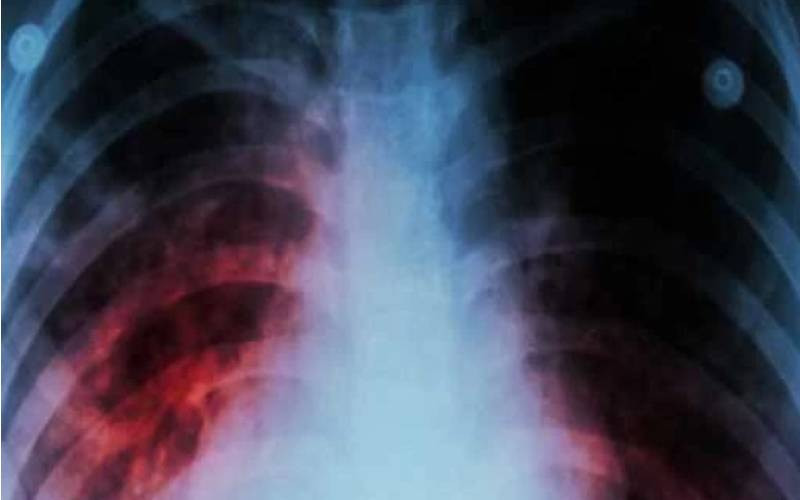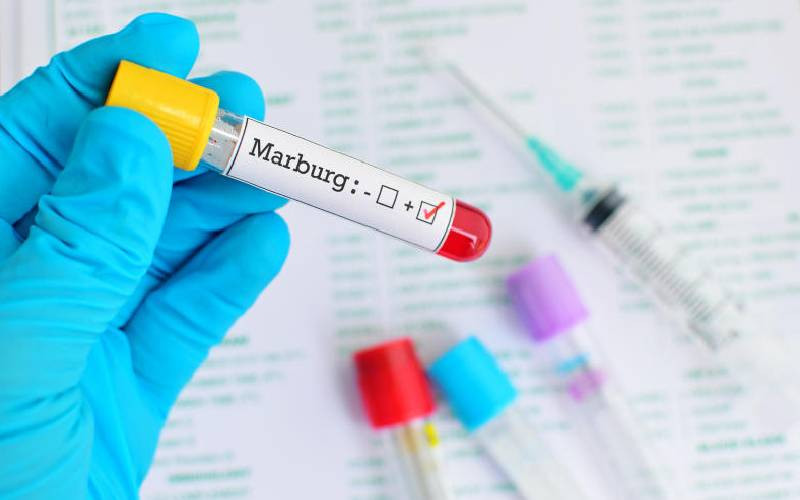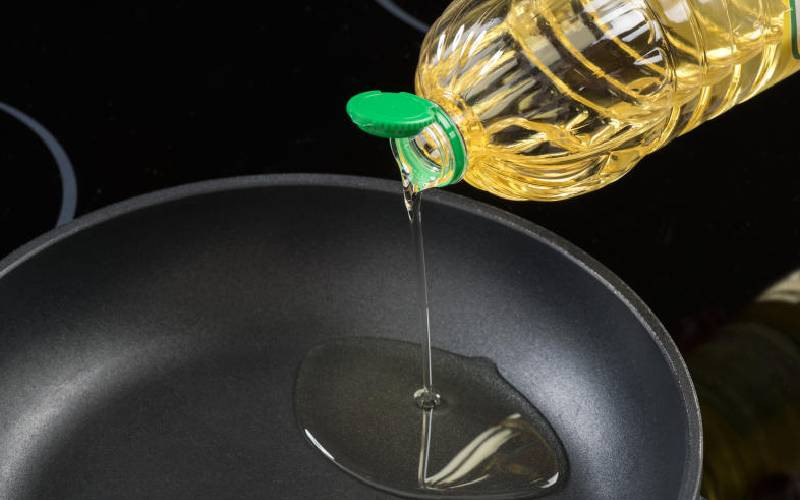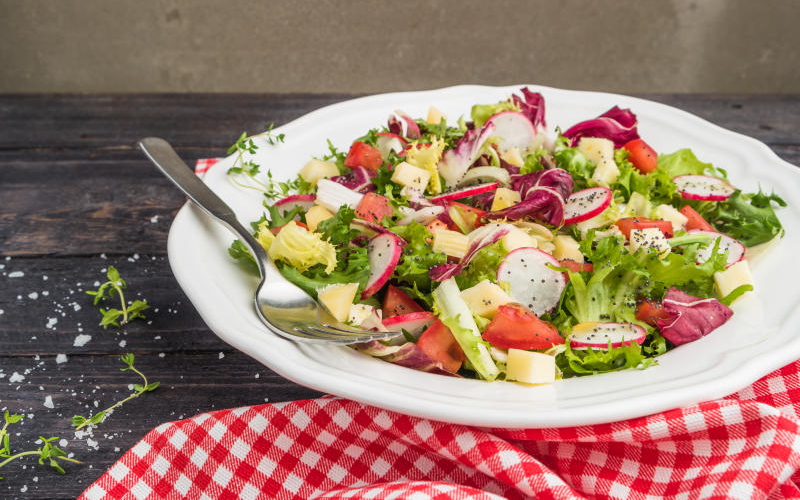
Agnes Mwende stomach swells even before she eats anything, an indication of excessive gas build up in her digestive tract. This according to nutritionists points to an imbalance in gut health, which plays a critical role in overall well being.
“Your digestive system is essential for absorbing nutrients and eliminating toxins. When its off balance, it can lead to issues like gas and bloating, says Grace Chege, a former principal nutrition adviser at the Intercontinental Hotel.
Chege explains that certain foods and drinks can increase bloating. These include broccoli, cabbage, cauliflower, baked beans and carbonated drinks such as sodas and even fruit juices.
Chewing gum, she adds, can worsen abdominal distention by introducing excess air into the gut.
To ease bloating, Chege recommends cutting back on gas producing foods, strengthening abdominal muscles through regular exercise and incorporating probiotics, commonly known as “good bacteria”, into your diet.
“Heartburn caused by gas can result from smoking, drinking alcohol or caffeine, eating high fat foods, overeating or eating too close to bedtime. Even foods like peppermint and chocolate can trigger it,” she notes. On average, passing gas eight to ten times a day is considered normal.
Probiotics, she explains, are helpful bacteria that aid digestion and live naturally in the intestinal tract. Good sources include yogurt, mala, cultured cheese and fermented vegetables like Kimchi and sauerkraut. To relieve constipation and maintain digestive health, experts advise exercising regularly, managing stress, eating more fibre and drinking at least eight to ten glasses of water daily. The recommended daily fibre intake is between 20 grams to 30 grams,” says Chege. However, most people consume only 10 to 15 grams, a far cry from what’s needed for optimal gut health.
- Why scrolling in the loo is harming your health
- Gut check: Why you should look at your poo before you flush
Keep Reading
Excellent sources of dietary fibre include fruits, vegetables, beans, bran cereals, oatmeal and 100 per cent whole wheat bread.
“While antibiotics are crucial in treating infections, they can disrupt gut bacteria by killing both harmful and beneficial microbes. It is wise to consume probiotic-rich foods during or after a course of anti-biotics to help restore balance, advises Faith Rotich, a nutrition adviser at the Nairobi Hospital.
Rotich also urges people to opt for low-fat foods for better digestive and overall health. Recommended options include crab, fish, skinless poultry, egg whites, shrimp and light tuna.
On the flip side, she warns against consuming too many high-fat foods such as deep-fried items, French fries, fritters, cakes, cookies, muffins, ice cream, and other frozen desserts, which may harm digestive health over time.
So, what exactly is the digestive tract? Nutritionists describe it as a system made up of the gastrointestinal tract and other organs that work together to break down food into small particles that the body can absorb and use for energy and repair.
 The Standard Group Plc is a multi-media organization with investments in media
platforms spanning newspaper print
operations, television, radio broadcasting, digital and online services. The
Standard Group is recognized as a
leading multi-media house in Kenya with a key influence in matters of national
and international interest.
The Standard Group Plc is a multi-media organization with investments in media
platforms spanning newspaper print
operations, television, radio broadcasting, digital and online services. The
Standard Group is recognized as a
leading multi-media house in Kenya with a key influence in matters of national
and international interest.











